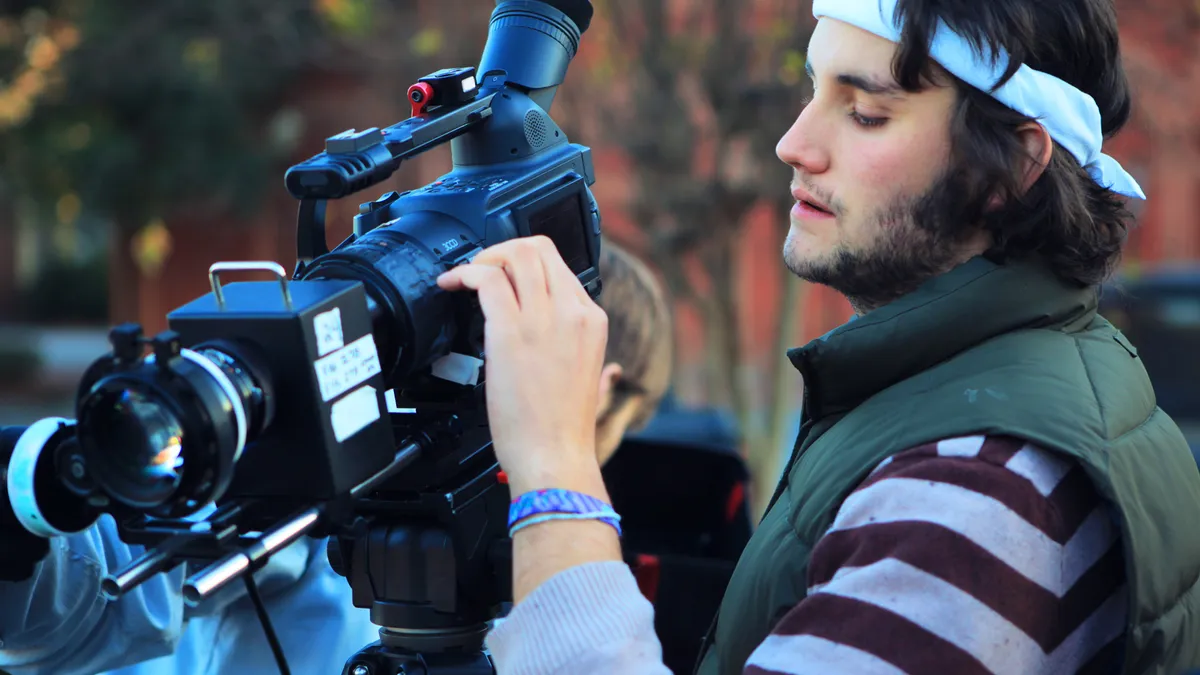One person who says she’ll be watching the news and documentary Emmy awards September 25 is Lisa Callif, a lawyer who works with producers of nonfiction films and TV shows to help ensure there’s nothing in their work that creates liability for the insurers, distributors and other companies that bring the shows to the screen.
“Without doing this work, no … filmmaker [would] get the requisite insurance, or be able to allay any distributor’s fears,” Califf says in a September 18 Forbes piece.
Shows that shine a spotlight on wrongdoing are particularly fraught with legal risk because of the personal rights that are involved, says Callif, a partner at Donaldson Callif Perez in Los Angeles. “Sufficient corroboration is essential as it provides legal counsel with enough comfort to opine that nothing in the project would give rise to a viable legal claim,” she says.
Personal rights give people who aren’t public figures protection that celebrities and politicians don’t have. To reduce the chance of people taking legal action, the legal team tries to corroborate any claims that are made by people in the show.
“It might mean interviewing others (family members, friends, associates) who have knowledge of the subject, or reviewing police reports, court records, and other publicly available sources to corroborate what the subject is saying,” Callif says in the Forbes piece.
One of the shows that attracted a lot of attention when the main Emmy awards were handed out earlier, on September 15, was Telemarketers, a 2023 HBO-Max series by two former telemarketers who were trying to expose what they believed was corruption in the industry. Without having the journalistic background that a lot of documentarians have, Callif says, the two had to learn as they went. Their inexperience helped make the show compelling, she says, but for her legal team, which worked on it, it made the due diligence a challenge.
“The subjects would get people’s names wrong, make allegations that were not supported by objective sources, use absolutes (HE DID IT!), and make conclusions using lots of hyperbole,” she wrote. “Luckily, the filmmakers were diligent in digging for reliable support for the claims that were made and were willing to make changes if they couldn’t sufficiently support an allegation.”
Ultimately, Calliff says, they produced and distributed a film that was legally sound, had levity, and portrayed the essence of the subjects’ journey, including the mishaps along the way. “Legal and creatives were both happy,” she wrote.
The show was nominated for outstanding documentary or nonfiction series. The award went to Beckham, the documentary about the retired soccer star David Beckham.
Without the legal work that goes on behind the scenes, a nonfiction series like Telemarketers won’t get on the screen, Callif says, which makes the lawyers who provide the legal clearance for these projects an important part of the team.
“A clearance lawyer’s work is always interesting and often quite challenging, but it’s a great feeling when the mission is accomplished and artists can tell their stories their way,” she says.











